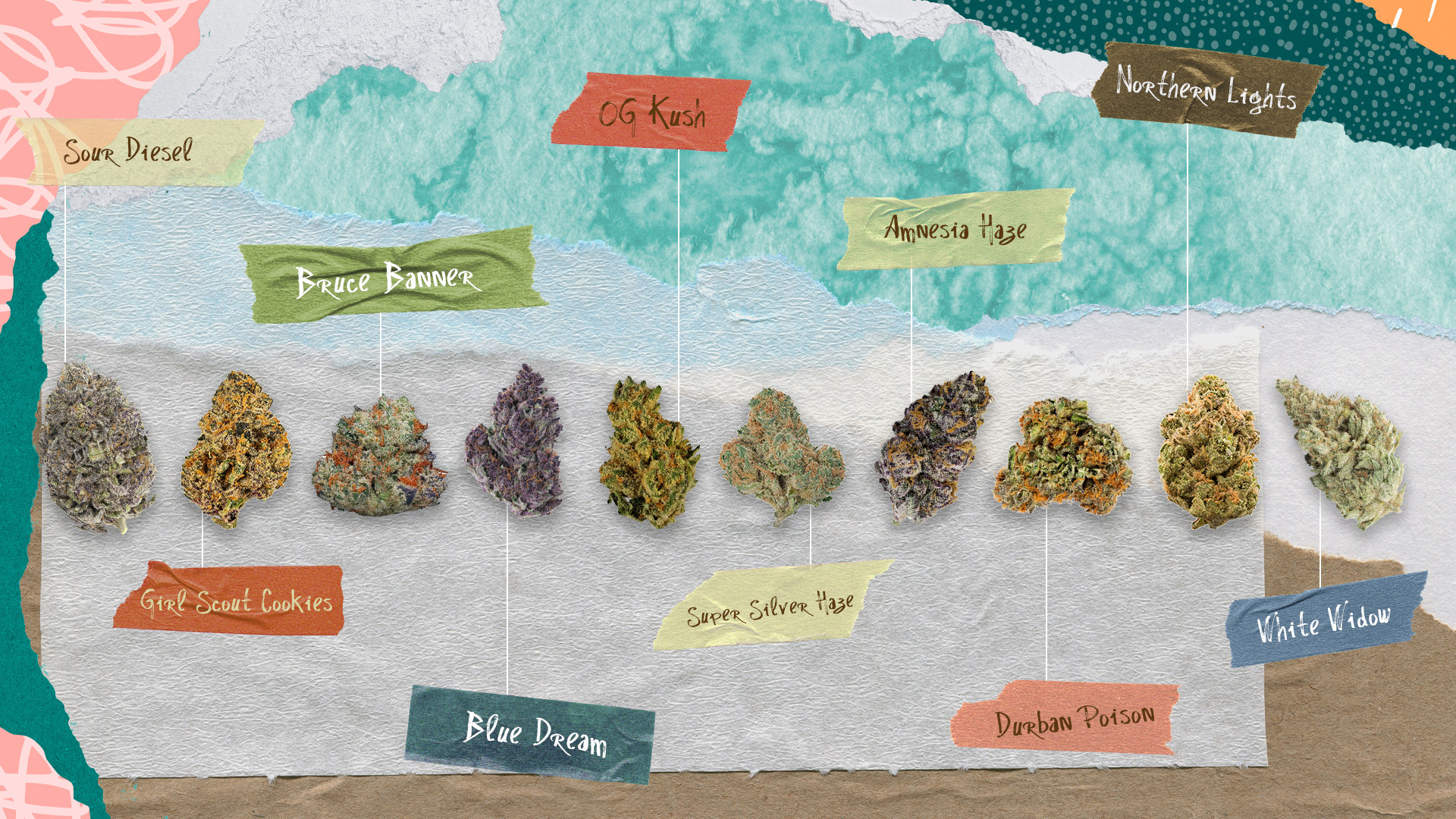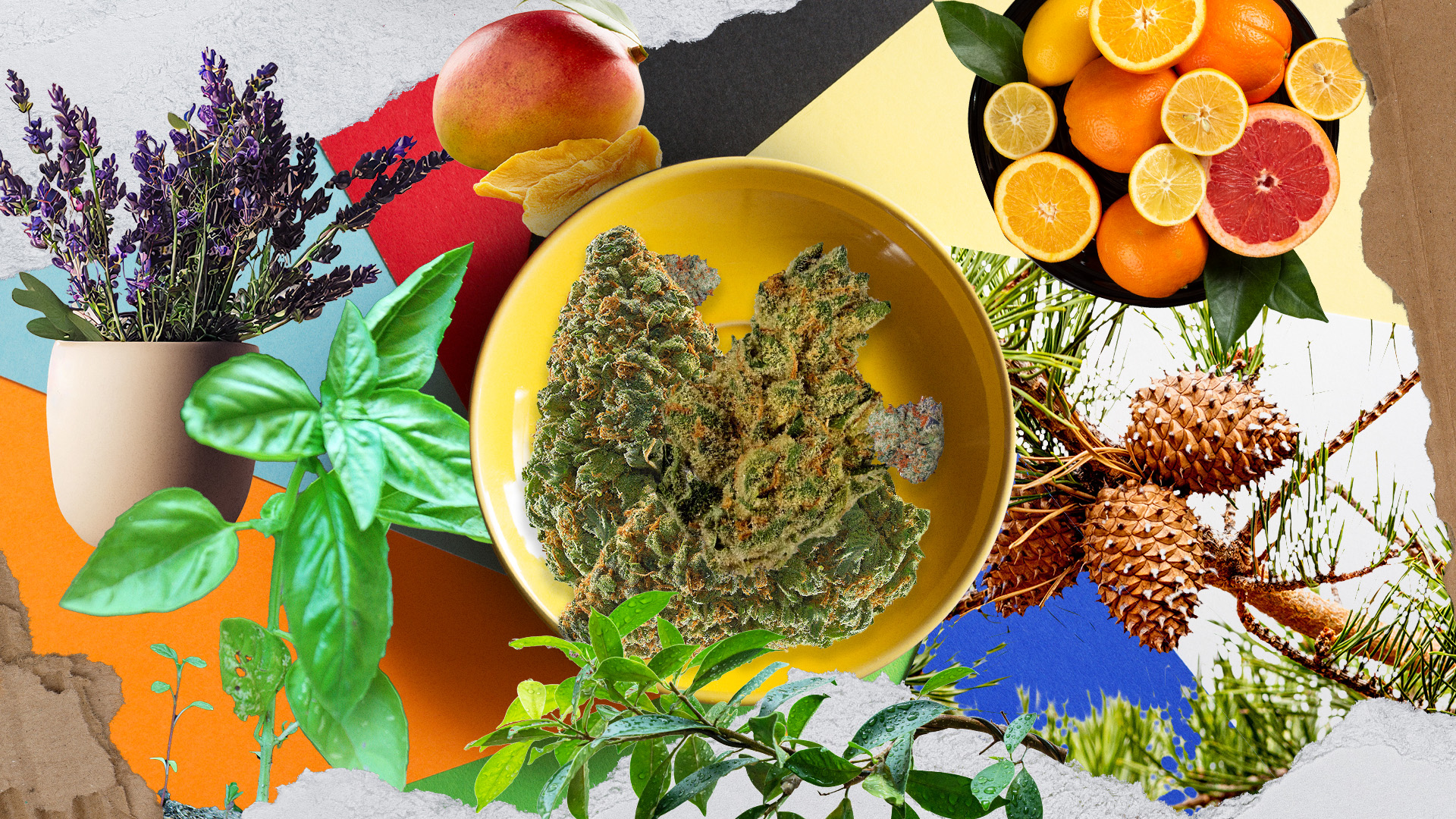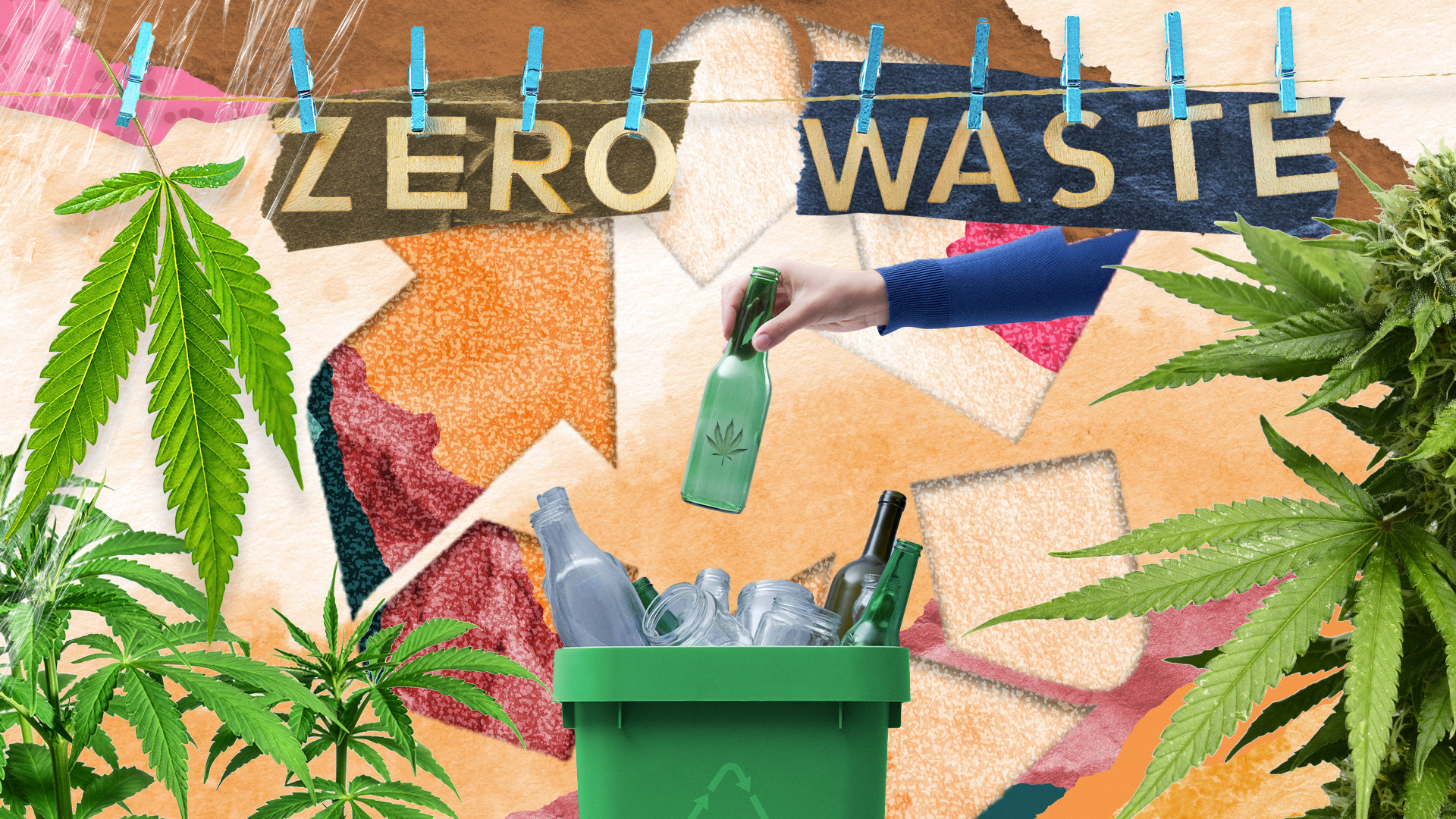Thailand’s newly elected government is looking to reverse its historic decriminalization of cannabis. The announcement comes a short 18 months after it became the first Asian country to decriminalize cannabis back in June 2022.
When he was elected in September 2023, New Prime Minister Srettha Thavisin announced his intent to recriminalize the plant and only allow medical use. Two months after his election, Thavisin and a conservative coalition initially attempted to reverse the historic move; however, the draft bill failed to gain parliamentary approval.
The newest decriminalization bill introduced in January 2024, meanwhile, seems to have the support to pass. If it does, individuals caught using cannabis recreationally may face hefty fines and up to one year of imprisonment. Further, the new law would also ban the marketing and advertising of marketing products.
Thailands Short Stint As A Canna-Tourism Hotspot
From a financial standpoint, it’s hard not to recognize the success of Thailand’s decriminalization move. A short nine months after decriminalization, nearly 6,000 licenses for cannabis-related businesses were approved, with 1,600 coming from just Bangkok. This number doesn’t even account for the countless weed cafes, hemp spas, and consumption lounges that popped up all over the country.
Thailand’s location made it appealing to tourists from nearby Asian countries with incredibly strict laws against cannabis use. Not to mention that Thailand had already established itself as a destination of tourists taking “health and wellness”-centered vacations prior to decriminalization.
With these two factors in mind, it’s no surprise that Thailand’s canna-tourism industry found immediate success. In fact, The Thai Chamber of Commerce estimated cannabis sector would be worth 1.2 billion by 2025. That said, these lofty projections and the excitement around Thailand’s growing cannabis tourism are now unlikely to come to fruition.
Despite Success — Thailand Never Wanted Canna-Tourism
Thailand’s decriminalization of cannabis was never meant to legalize recreational use — let alone kick start a frenzy of cannabis tourism.
Why You Should Get Your Medical Marijuana Card
Veriheal has satisfied millions of patients nationwide by giving them access to these benefits
- Larger purchase limits
- Peace of mind
- Enhanced legal protection
- Access to higher potency strains
- Save up to 25% on cannabis purchases
- Skip the line at the dispensary
Shortly before decriminalization went into effect, Thailand’s former Health Minister Anutin Charnvirakul spoke with CNN. In the interview, Charnvirakul explicitly outlined what decriminalization would and would not allow. He told CNN that:
“Thailand will promote cannabis policies for medical purposes. If [tourists] come for medical treatment or come for health-related products, then it’s not an issue, but if you think that you want to come to Thailand just because you heard that cannabis or marijuana is legal … [or] come to Thailand to smoke joints freely, that’s wrong.”
In addition to Thailand’s clear warnings, surrounding countries also put out similar messaging. China’s Thai embassy warned Chinese citizens that visiting Thailand to consume cannabis “…is considered equivalent to using drugs domestically,” meaning returning tourists are subject to harsh legal penalties. Singapore, meanwhile, announced that travelers caught bringing back cannabis or hemp products from Thailand are subject to the death penalty.
Despite these warnings, the manager of a cannabis shop in Bangkok estimates that at least 70%-80% of his customers are foreigners.
In a recent interview with Bloomberg TV, Prime Minister Srettha Thavisin explained that the explosion of illegal recreational cannabis use by tourists and locals was a big reason why he and his party wanted to re-criminalize the plant. He said, “The problem of drugs has been widespread lately, especially in the northeastern and northern parts of Thailand. And we don’t need another issue added on top of that.”
Author, Share & Comments
















